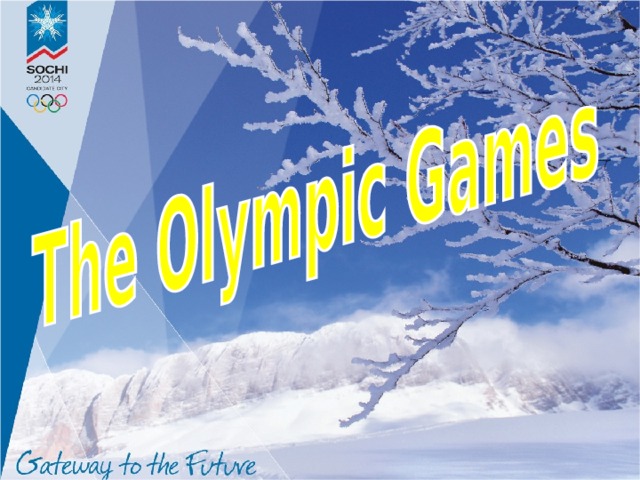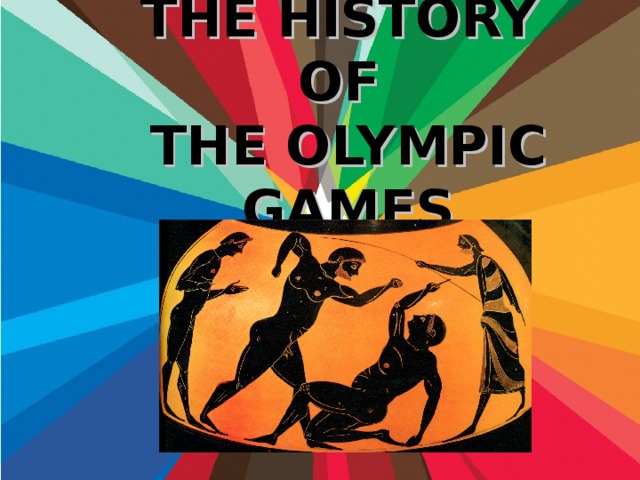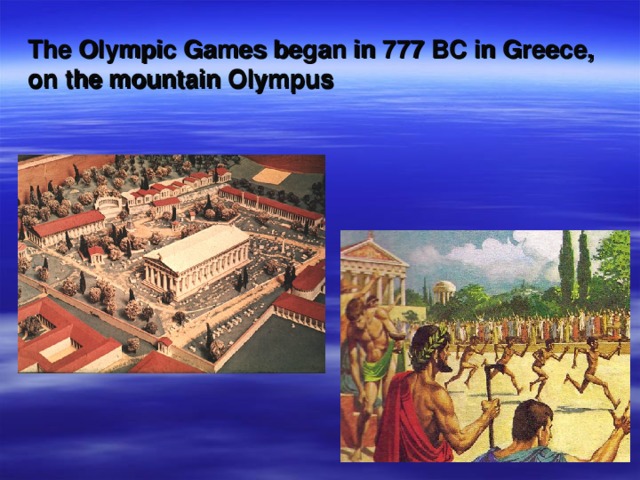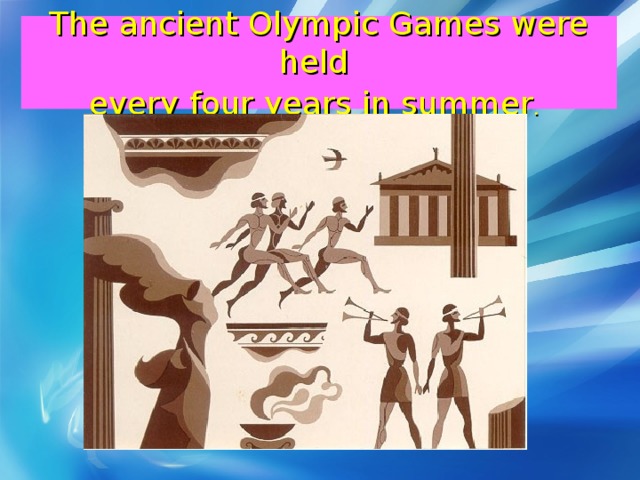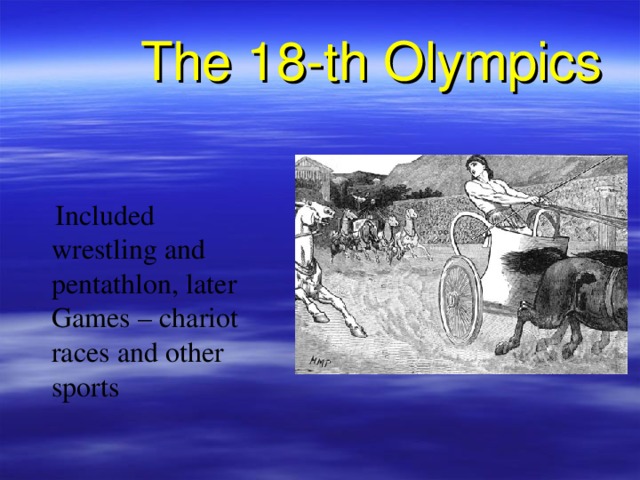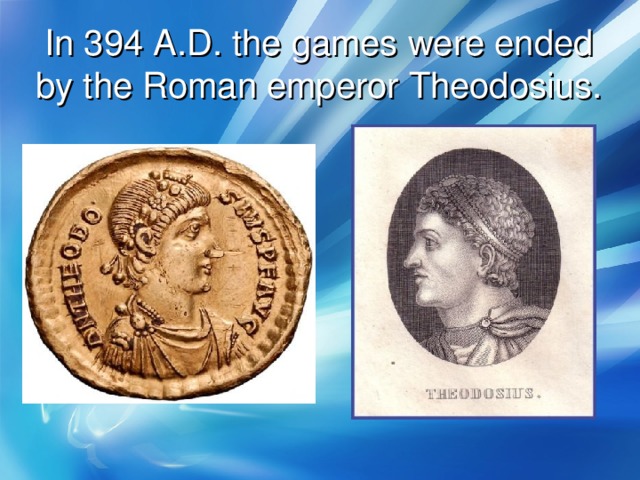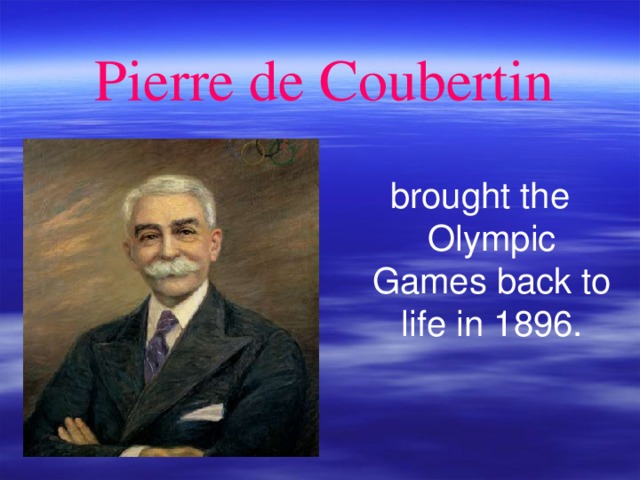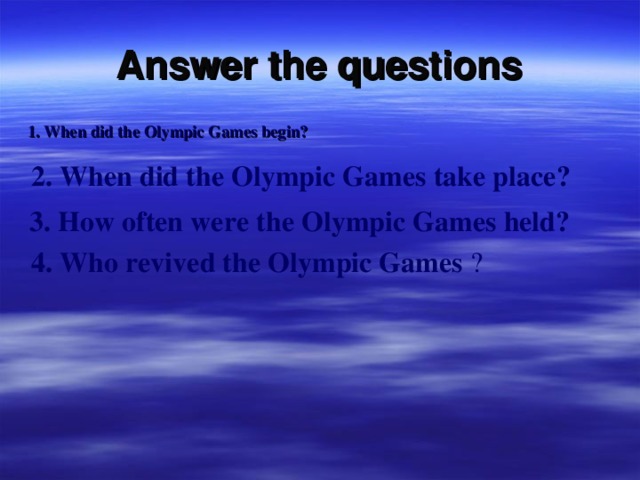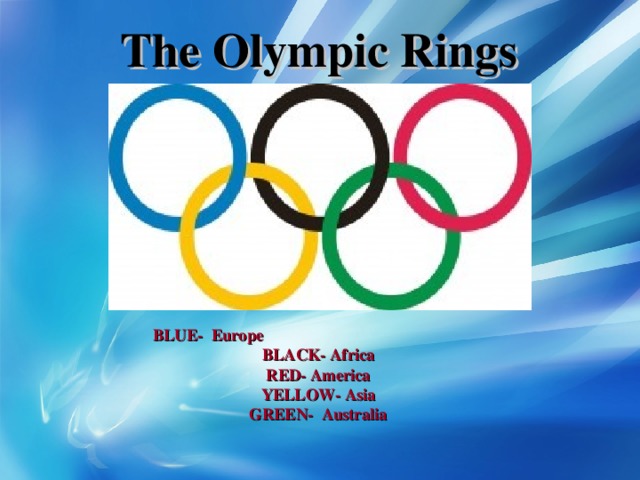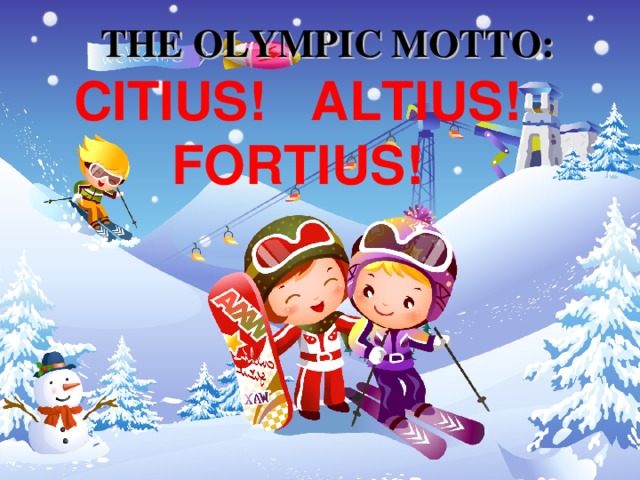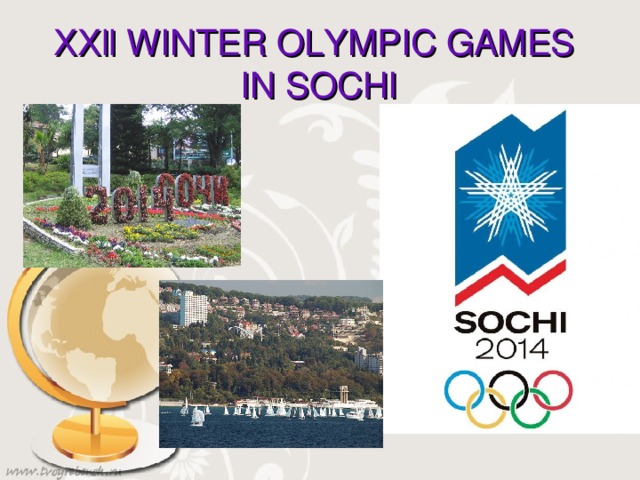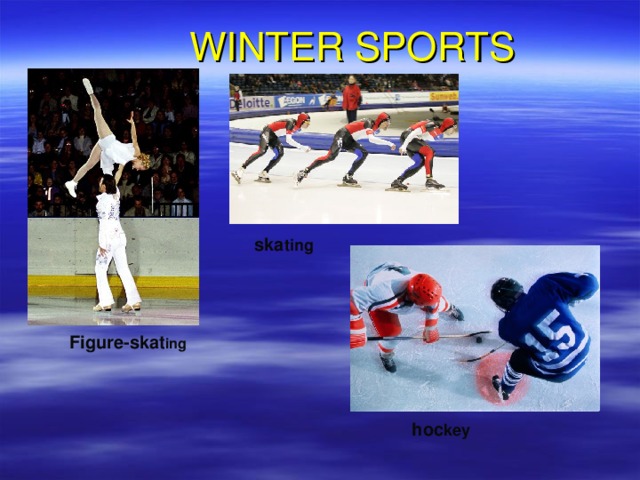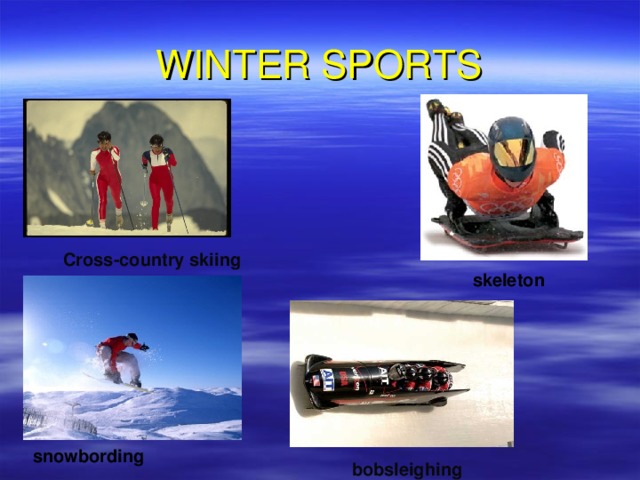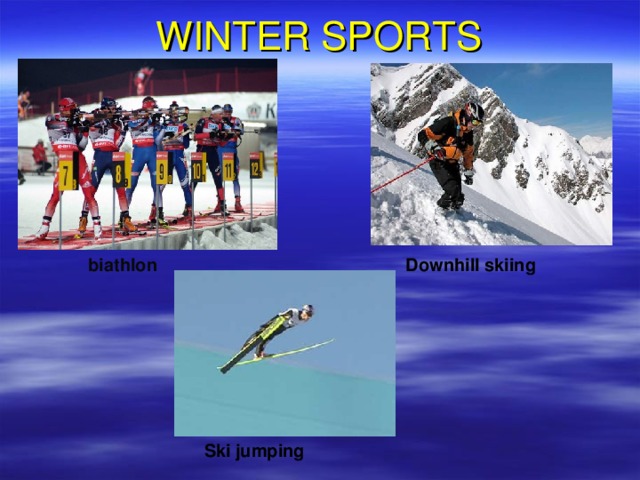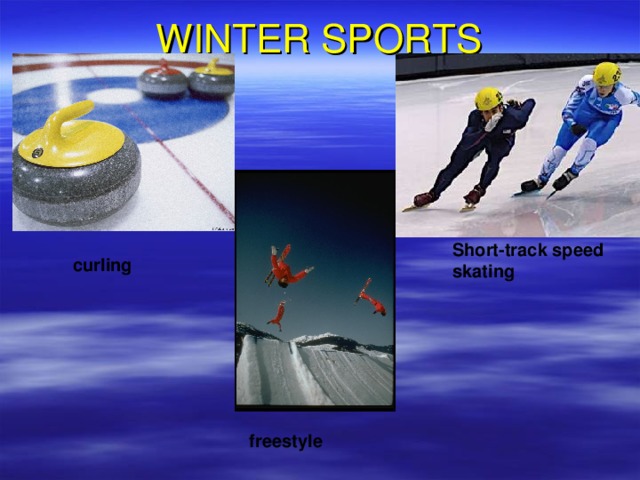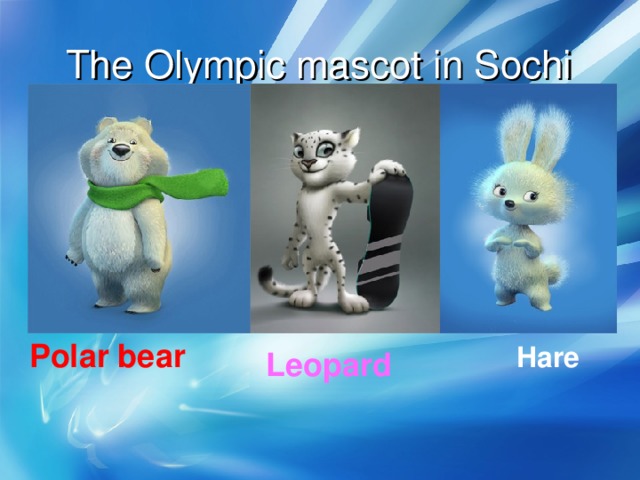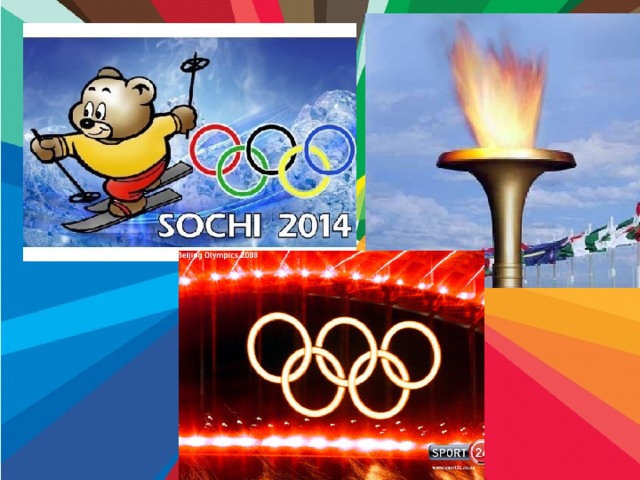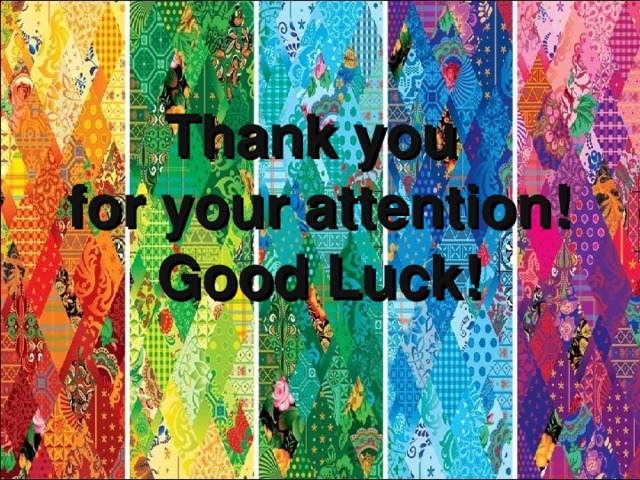The Olympic Games
Задачи урока:
1) Учебные – совершенствование навыков говорения и чтения; расширение словарного запаса по теме «Спорт»; активиация знаний об официальных Олимпийских символах (флаг, эмблема, девиз, талисман), о понятии Зимние Олимпийские игры.
2) Развивающие – развитие умения высказываться логично, расширение кругозора учащихся; развитие у них общих и специальных умений, позволяющих совершенствовать учебную деятельность по овладению английским языком;
3) Воспитательные – привитие у учащихся норм здорового образа жизни, любовь к спорту; создание условий для применения в практической деятельности олимпийских ценностей.
Используемые технологии: информационно-комуникационные, метод проекта.
Методы работы: игровые
Материально-техническое обеспечение: компьютер, проектор, интерактивная доска, раздаточный материал.
Ход урока.
Организационный момент.
Teacher: Good afternoon, boys and girls! Glad to see you! How are you?
Pupils: Good afternoon! Glad to see you too!
Teacher: Today we have an usual lesson, there will be much interesting information, we will play some games and we will sing a Russian song. But first answer my question, please; what event takes place in our country nowadays?
Pupils: It is the Winter Olympic Games, which take place in Sochi.
Teacher: You are right, thank you. Let’s see the title of our lesson. (слайд 1). You can see the Olympic Games on television, read about it in the Mass Media. And today we will speak about the Olympic Games. First of all I will tell you about the history of Olympics
Основная часть урока
Teacher: Well, let's start! How do you think, when did the history of the Olympic Games start?
Pupils: It started many years ago.
Teacher: You are right. Look at the board, please
Teacher: The Olympic Games have a very long history. They began in 777 ВС in Greece and took place every four years for nearly twelve centuries at Olympia.
Teacher: They were held on the mountain Olympus. That’s why the games were called the Olympic Games. The ancient Greek Olympics were held every four years in summer. For the period of games all the wars stopped. So the Olympic Games became the symbol of space and friendship. The 18-th Olympics included wrestling and pentathlon, later chariot races and other sport.
Teacher: Then for a long time the games were not held, because the Roman emperor Theodosius stopped these games.
Teacher: Then the history of the modern Olympics started. In 1894 the French archeologist Pierre de Coubertin revived the Olympic Games. Of course, the First Modern Olympics were held in Greece in Athens in 1896. Since then there were held twenty seven summer and twenty seven winter games.
Teacher: And now let's play a little. I will ask you some questions, if you are right, I will give you a medal.
Questions:
1. When did the Olympic Games begin?
2. Where did the Olympic Games take place?
3. How often were the Olympic Games held?
4. Who revived the Olympic Games after a long time?
Teacher: Well, dear friends! Thank you for your answers.
Teacher: Now let's speak about the symbols. Please, look at the picture, what you can see?
Pupils: It is the Olympic Rings.
Teacher: You are quite right. But what do these rings represent?
Pupils: They represent five continents.
Blue ring is for Europe.
Black ring is for Africa.
Yellow ring is for Asia.
Red ring is for America.
Green ring is for Australia.
Teacher: Do you know the motto of the Olympic Games?
The Olympic motto consists of three Latin words “Citius, Altius, Fortius”. Let′s translate it. That's in Russian means: Быстрее, выше, сильнее. The author of this motto was the French priest Henri Didon.
Teacher: Thank you for your answers. And now let′s speak about the winter Olympic Games in our country. Where does this event take place?
Pupils: These Olympic Games are held in Sochi. Sochi is a beautiful city. It is situated on the coast of the Black Sea near the Caucasus Mountains.
Teacher: Let's name the most popular winter sports, which are included in the winter Olympic Games. I will show you pictures and task is to name sports.
biathlon [bai′ӕӨlәn] (биатлон)
bobsleighing [′bɒbsleiƞ] (бобслей)
downhill skiing (горнолыжный спорт)
curling [′kɜ: liƞ] (керлинг)
cross-country skiing (лыжные гонки)
Nordic[′nɔ: dik] combined (лыжное двоеборье)
ski jumping (прыжки на лыжах с трамплина)
snowboarding (сноубординг)
skeleton (скелетон)
skating (скоростной бег на коньках)
figure - skating (фигурное катание)
freestyle (фристайл)
hockey (хоккей)
short-track speed skating (шорт-трек)
luge (toboggan) (cанный спорт)
Teacher: Let’s repeat these words after me.
Now let’s guess some riddles and we are going to find a person, who knows winter sport very well.
1. It is downhill racing on a sledge along a special route with artificial ice. (luge or toboggan)
2. This Olympic game is only for men. (ski-jumping)
3. Two teams of 4 players each try to get a hard round stone into the opponent’s home place. This kind of sport is only for women. (curling)
4. It is one of the most popular winter games in Russia, Canada, USA, Sweden, Switzerland and many other countries. The first Game was held in 1920 in Belgium at the VII Olympics. Two teams play with wooden sticks and try to push a rubber puck into the opponent’s goal. (ice-hockey)
5. Individual and pair competitions are held to splendid music. Russian sportsmen are usually among the winners. They dance on the ice arena and fulfill different elements and supports. (figure-skating)
6. This kind of sport represents descending on a special route with artificial ice in a skeleton, a sledge with tubular runners on a hardened frame. (skeleton)
7. This kind of sport is downhill racing on a special sledge, a bob, along the artificial track. (bodsleigh)
8. Sportsmen skate with a high speed at the distance of 500–1500 meters around an oval ice arena. It has been in the Olympic Program since 1992 (short track)
9. It is a combination of Ski races with shooting at the targets. It consists of individual ski race, sprint, pursuit race with consequent relay and mixed relay between men and women, and a mass start. (biathlon)
10. It is a separate kind of sport. The sportsmen use a wide board to slide on the snow and compete in Half – pipe, Boarder – cross and parallel Slalom – Giant. It has been in the Olympic Program since 1998 (XVIII Olympics in Nagano, Japan). (snowboarding)
Teacher: Thank you very much for answers. You know the Olympic Games have the mascot. Do you know who they are? Look at the picture, whom can you see?
Pupils: the Polar bear, the Leopard and the Hare.
Teacher: You are right. These three animals are the mascot of the Olympic Games in Sochi. You can see them everywhere.
Teacher: In conclusion, I should say that the official languages of the Olympic movements are English and French.
Teacher: And now let’s sing the Russian song. It is the hymn (or anthem) of the Olympic Games in Sochi. You will watch the video and repeat the song.
Гимн Олимпиады в Сочи 2014
Красным, белым и синим светят небеса,
С нами вместе Россия – голосуем за!
И всей планете сказать об этом может с нами любой-
Игры, которые мы заслужили вместе с тобой.
Игры, которые мы заслужили вместе с тобой.
Разлетятся по свету наши голоса,
Верим только в победу – голосуем за!
Даешь России Олимпиаду, вместе с нами ты пой –
Игры, которые мы заслужили вместе с тобой.
Игры, которые мы заслужили вместе с тобой.
Готовы к бою за серебро и золото,
Душой и телом молоды, не боясь жары и холода
Идут гордо русские спортсмены.
Давай победу! - ревут трибуны сочинской арены.
Нам надо, чтобы мы о главном не забыли:
В единстве наша сила, услышь меня Россия!
Довольно споров, не прикрыться форс-мажором,
Если каждый город от фауны до флоры,
Отбросив все дела и, на погоду не глядя,
Хором миллионов скажет Да Олимпиаде!
Не в наших традициях сдавать свои позиции
Вместе можно многого добиться
Повстречаемся в Сочи, и скажу в глаза
Мы – достойны, и точно голосуем за!
Я верю - сбудется – то, что раньше было только мечтой –
Игры, которые мы заслужили вместе с тобой.
Игры, которые мы заслужили вместе с тобой.
Игры, которые мы заслужили целой страной
Игры, которые мы заслужили вместе с тобой.
Teacher: Thank you for attention. Now it’s time to find the winner. Who is it?
I hope you like this lesson very much.
